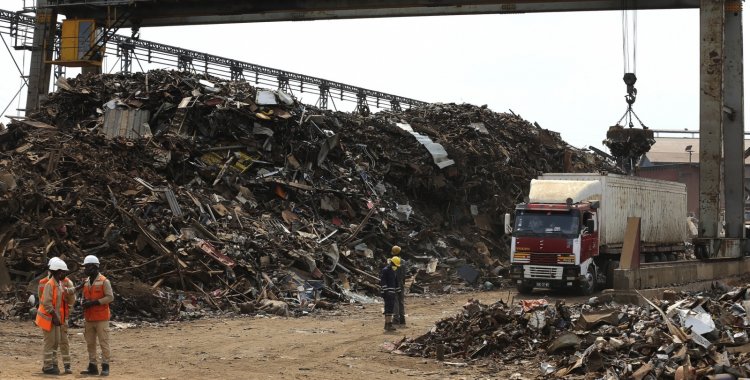According to the document, 1265 public procurement procedures (PCP) were registered in 2023, which represents a reduction of 22 percent compared to the same period last year, and 11.75 percent of the total procedures registered between 2013 and 2023.
The National Public Procurement Service states that "the year 2023 was marked by a period of containment of Capital Expenditure and Goods and Services due to financial restrictions, which contributed to the slowdown in numbers".
Regarding the procedures adopted, the highlight was simplified hiring corresponding to 34 percent, followed by the competition limited by invitation (32 percent), public competition, emergency contracting, competition limited by prior qualification and electronic dynamic procedure, with 18 percent percent, 8 percent, 4 percent and 3 percent, respectively.
In terms of values, the simplified contracting represented 3.9 billion kwanzas, (84 percent), followed by the limited invitation competition with 705,362 million kwanzas.
In 2023, as in the previous year, the main criterion for choosing entities was the value, in the order of 75 percent, to the detriment of the material criterion which stood at 25 percent, with the ministries being the ones that most resorted to contraction public (875, or 69 percent), followed by provincial governments.
In the universe of 1265 registered procedures, acquisitions of services constitute 49 percent of the total, followed by acquisitions of movable assets with 31 percent and public works contracts with 19 percent.
Public works contracts had the highest contractual value, representing around 69 percent of the total contracted value.
In 2023, seven audits were carried out and several non-conformities were detected, including spending without following due procedures, absence of orders on the decision to hire, absence of procedural documents and incorrect processing, absence of proposals and qualification documents, non-reduction of written contracts, excess payments during the execution of contracts, poor classification of expenses and lack of proof of delivery of goods and reports on service provision.







